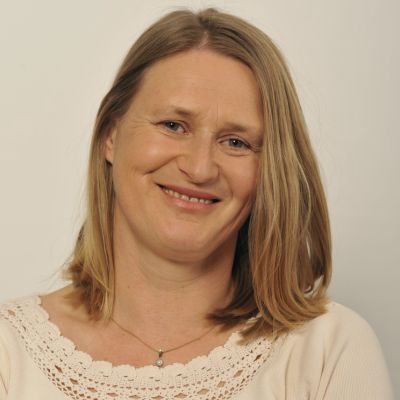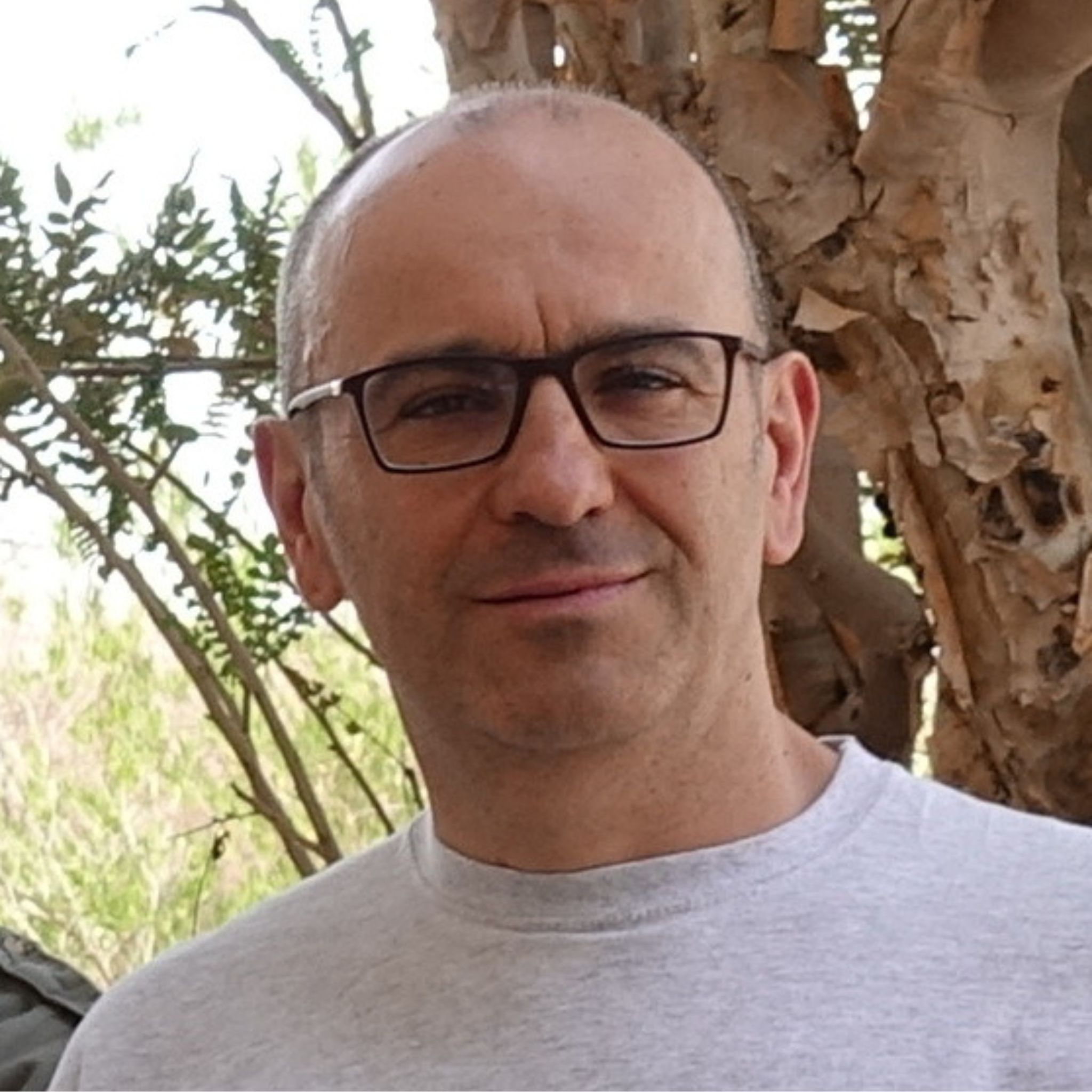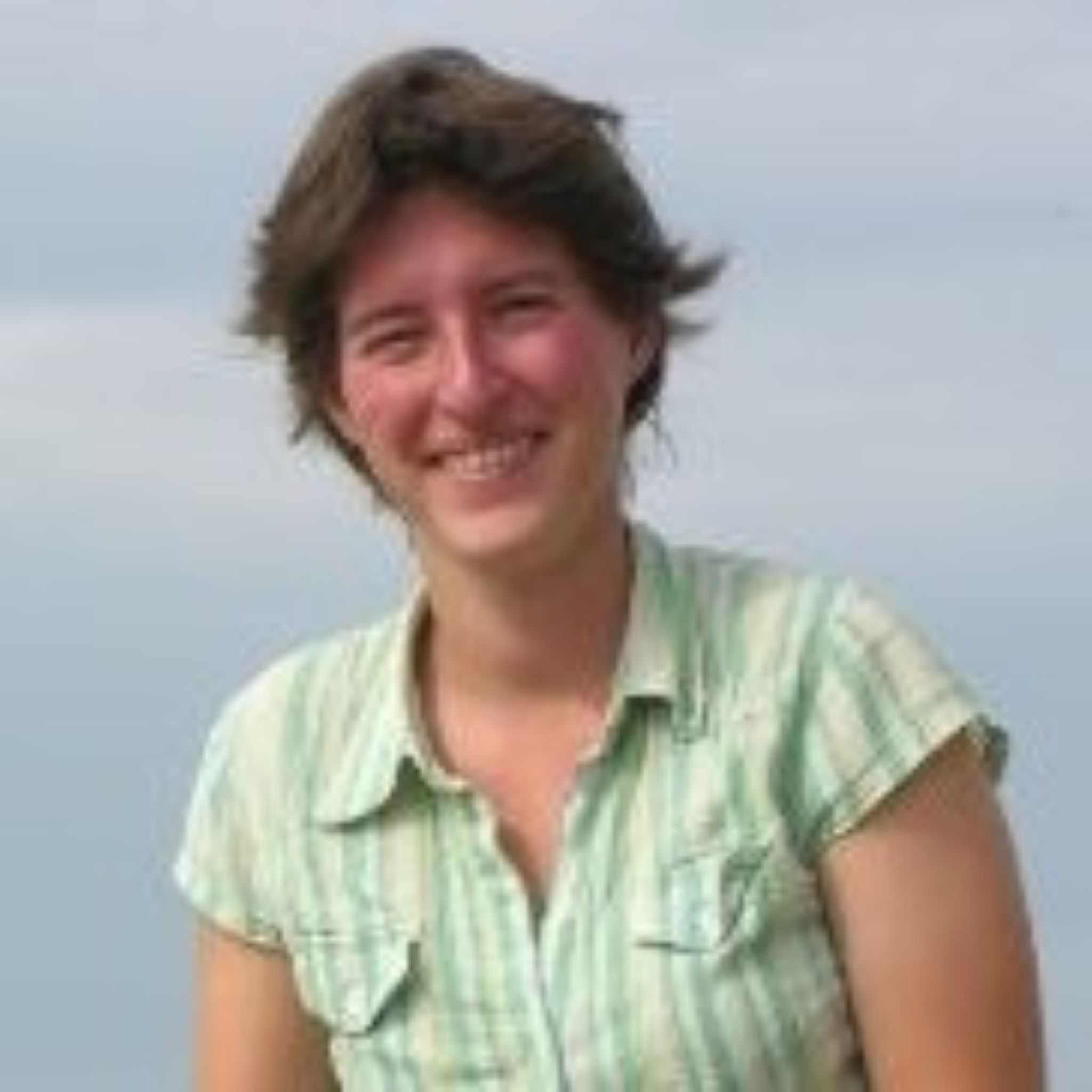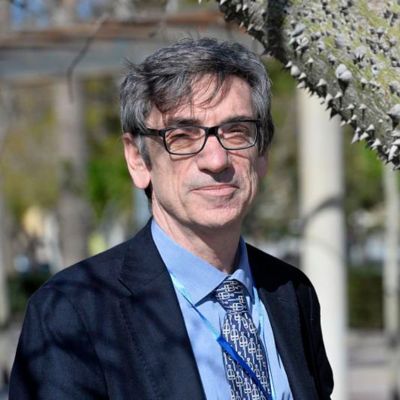Marine biologist specializing in the genetic diversity and connectivity of marine species, the development of molecular tools and the effects of pollution on marine organisms at the subcellular level.
Alessandro Chiarucci
Full Professor at the Alma Mater Studiorum – University of Bologna, and coordinator of the BIOME Lab (BIOdiversity and MacroEcology). I am Botanist and ecologist with research activities focusing species diversity patterns within the frame of biogeography, biodiversity assessment and conservation biology. My research mission is to understand the patterns and processes of species coexistence in relation to the spatial and temporal scales and to improve the approaces adopted for biodiversity conservation. My management approach is to promote a community-based decision making for strategic development. I like to collaborate with a broad spectrum of espertises, in the frame of theoretical, empirical and applied research projects, within a friendly environment and exchange culture. I consider Science as a contribution to a better world, peaceful and healthy for the human beings and the other organisms living on the Earth.
Jan Reubens
Dr Jan Reubens is senior with more than 13 years’ experience within the fields of biologging, movement ecology and animal tracking and has been tagging and tracking a wide range of species. He has been participating in many national and international research projects and projects with industrial partners, chaired a COST Action (CA18102) and is currently the chair of the European Tracking Network. Jan has expertise in both scientific and logistic support in animal tracking studies, environmental monitoring, biostatistics and scientific diving.
Leen Vandepitte
I’m trained as a marine biologist (MSc in Biology & MSc in Marine and Lacustrine Sciences) at the University of Ghent (Belgium). I’m a project manager at the Data Centre division of the Flanders Marine Institute (VLIZ) (Belgium), where I’m running the MarineLife+ programme.
I coordinate the Aphia database infrastructure (which includes the World Register of Marine Species (WoRMS), the European Ocean Biodiversity Information System (EurOBIS), the Interim Register of Marine and Non-Marine Genera (IRMNG) and the LifeWatch Species Information Backbone. I’m also involved in the EMODnet Biology project, as lead of the work package on data management and I’m the current chair of the Global Team of Catalogue of Life (CoL).
The MarineLife+ programme focuses on the interactions between these databases, on quality control and quality assurance, on how scientists can help in making them more complete and on how scientists and the public at large can make use of these systems. In addition, there is a focus on data exchanges and active collaborations with external databases, to widen the scope of and awareness for these initiatives. MarineLife+ groups activities on taxonomic, biogeographic and traits databases that are developed, hosted and maintained by VLIZ.
Antonello Provenzale
Research Doctorate in Physics in 1987. Currently, research director at the Institute of Geosciences and Earth Resources of CNR; director of the Institute from 2015 to 2024.
Member of the Scientific Council of the CIMA Research Foundation. National coordinator of the LifeWatch Italy JRU. Research activities on the analysis and modelling of climate change impacts on ecosystems and carbon and water cycles, geosphere-biosphere interactions, Critical Zone processes, mountain environments, planetary fluid dynamics.
Golden Badge Award of the European Geophysical Society in 1997. Invited scientist at the Ecole Normale Superieure and at the Université Pierre et Marie Curie in Paris, at the Ben Gurion University in Beer Sheva (Israel) and at the University of Colorado in Boulder (USA).
Organizer of summer schools and scientific workshops. Tutor of more than 20 Doctorate Theses. Coordinator of the EU H2020 project “ECOPOTENTIAL” devoted to the use of Earth Observations to improve ecosystem benefits (2015-2019) and of several national projects. Participant and node coordinator in several EU projects. Co-lead of the Action Group “Biodiversity, ecosystems and geodiversity” of EuroGEO and of the GEO Mountains Initiative.
Author of more than 180 papers in international peer-reviewed journals (ISI), h index=51 (Scopus). Author of dissemination books and articles.
Alberto Basset
Alberto Basset is Director of LifeWatch ERIC Service Centre, Member of its Executive Board and full professor of ecology at the University of Salento (Italy). His main research interests are on biodiversity organization and maintenance, ecosystem functioning and services and their responses to natural and anthropic pressures, including climate changes. The research activities have produced more than 200 publications on international peer reviewed journals, being quoted in 2014 as one of the 20 top scientists for the scientific production on ecosystem ecology. He has been president of the Italian Ecological Society, of the Ecological European Federation and of LaguNet, being founding member and current president of the Euro-Mediterranean Federation of the Lagoon Research Networks (EUROMEDLAG). Alberto Basset is currently member of both General Assembly and Executive Board of the ‘eScience European Infrastructure on Biodiversity and Ecosystem Research (LifeWatch ERIC)’ and of the Advisory Committee of the European Research Infrastructure on ‘Multidisciplinary Seafloor and water column Observatory (EMSO ERIC)’ and he is the University of Salento responsible in the National Node of the European Research Infrastructure on Long Term Ecological Research (eLTER RI). Alberto Basset is delegate of the Ministry of University and Research in the European Partnership ‘Biodiversa+’ and he has been a member of the Italian delegation to the recent G20 meeting on challenges and opportunities for research and innovation in the Amazon and Tropical Forests.





